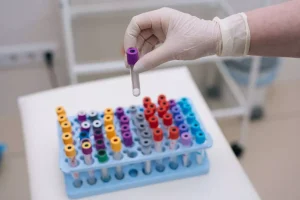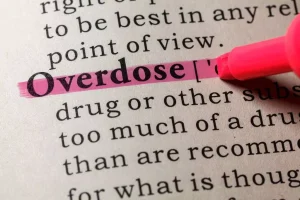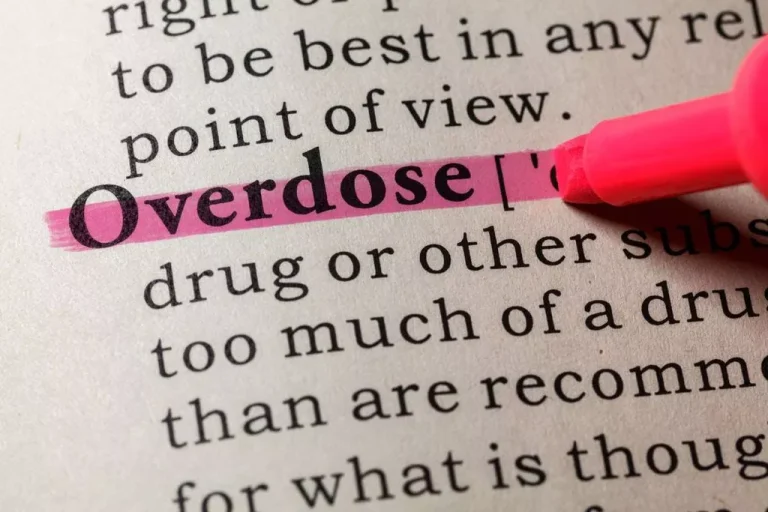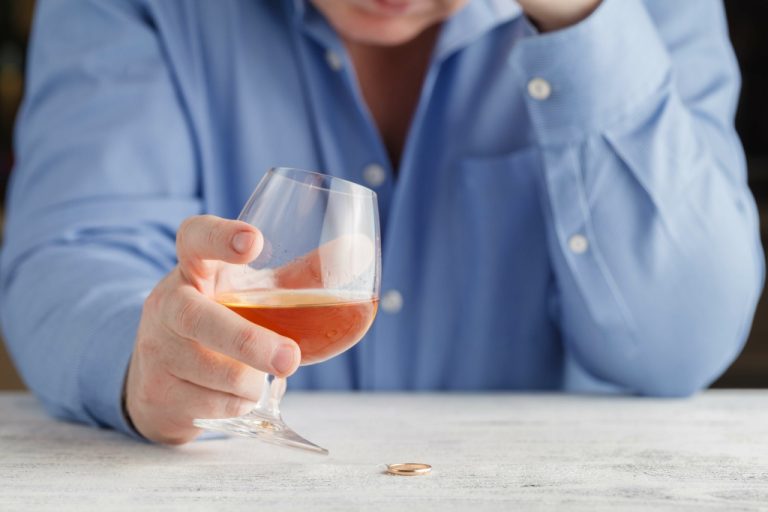
In addition to getting professional treatment, avoiding your triggers, finding social support, caring for yourself, and managing stress can help prevent future relapse. Good treatment programs plan ahead for this possibility by including relapse prevention in the process. Even though relapse is a well-recognized aspect of recovery from an addiction, many people attempting to quit an addiction will feel they have failed if they relapse.

Stressful Situations

These are typically similar for most types of addiction, whereas the physical symptoms of acute withdrawal are often different and specific to certain substances. People who struggle with addiction need effective ways of tolerating, managing, and making sense of the negative feelings encountered in daily life. Alcohol, drugs, or addictive behaviors may have provided temporary relief from those feelings in the past, but you can’t rely on them anymore. Less-intensive treatment may be an option if this is your first relapse and you are in good physical and mental health, are not at risk for severe withdrawal, and have a sober support system in place. Your treatment team can help you decide whether inpatient, outpatient, or other treatment options are more appropriate for you. Such feelings sabotage recovery in other ways as well—negative feelings are disquieting and are often what drive people to seek relief or escape in substances to begin with.
Support for Me and My Family
Addiction recovery is most of all a process of learning about oneself. A better understanding of one’s motives, one’s vulnerabilities, and one’s strengths helps to overcome addiction. Creating a rewarding life that is built around personally meaningful goals and activities, and not around substance use, is essential.

Recognizing the Signs of Relapse
– Once these triggers are identified, it is crucial to make efforts to avoid or minimize exposure to them. This may involve staying away from certain places or events, ending toxic relationships, or finding healthier ways to deal with stress. With CBT, you learn that recovery is based on practicing coping skills, not willpower.
- It’s not the same thing as a lapse, which is temporary and short-term — such as when you have one drink at a party, then go back to not drinking.
- Learning from the experience of relapse is essential in moving forward.
- Use of a substance delivers such an intense and pleasurable “high that it motivates people to repeat the behavior, and the repeated use rewires the brain circuitry in ways that make it difficult to stop.
- Sometimes, you unknowingly begin taking steps toward a relapse weeks or months before actually drinking or using drugs.
- The adaptations make the brain crave alcohol, which makes it harder to quit drinking.
Then, they might believe that drugs and alcohol will feel good and alleviate these negative feelings, and this chain of events can lead to a full-blown relapse where a person returns to uncontrolled use. They may not recognize that stopping use of a substance is only the first step in recovery—what must come after that is building or rebuilding a life, one that is not focused around use. They may falsely believe that their recovery is complete, or that cravings are a sign of failure, when in fact it takes time to rebuild a life and time for the brain to rewire itself and learn to respond to everyday pleasures. In general, the longer a person has not used a substance, the lower their desire to use.
- According to addiction treatment professionals, it is expected of at least 40 to 60% of people with substance abuse disorders and active addiction to relax in their first few years of sobriety.
- If an individual receives proper alcohol and drug addiction treatment, therapists, psychiatrists and other addiction specialists will work with the patient to address underlying mental health issues.
- Recognizing that relapse is not the end of the recovery journey is important.
- Perhaps most importantly, these supportive settings are where addicts talk and learn about the interventions and coping skills that work best in specific situations.
- But their lifespan can be measured in minutes—10 or 15—and that enables people to summon ways to resist them or ride them out.
Rates of remission and relapse

Nearly always there are recommendations for group support, as it is well-known that addicts don’t heal well in a vacuum. Instead, addicts need ongoing advice, feedback, and support from their peers (fellow addicts) if they hope to maintain the sobriety established in formalized treatment. Unfortunately, this critical element of the healing process is the aftercare recommendation addicts are most likely to skip. When people stop drinking or using drugs, the brain does not return tonormal. But with treatment and AA, thesepeople learn to manage the resulting symptoms. They manage stress with prayer and meditationand by living life one day at a time.
Do I Need to Go Back to Treatment?
The recovery journey doesn’t end with a minor slip-up, and it’s crucial that a person does not give in to negative emotions. As a result of these brain changes, a person experiencing drug or alcohol dependence will have a particularly difficult time maintaining sobriety—especially when faced with a psychological, physical, or emotional trigger. Living in a neighborhood with high substance use activity or near bars can increase the risk of relapse. Lack of structure and routine in daily life can also contribute to relapse, as individuals may struggle to fill their time with healthy activities. Relapse into alcoholism is less likely if you attend rehab, dedicate yourself to a recovery plan and avoid becoming overconfident in your ability to prevent relapse. People who become overconfident in their ability to stay sober may put themselves at risk by decreasing recovery meeting attendance, exposing themselves to triggers or trying to control how much they drink instead of abstaining.
- The more ACEs children have, the greater the possibility of poor school performance, unemployment, and high-risk health behaviors including smoking and drug use.
- Changing bad habits of any kind takes time, and thinking about success and failure as all-or-nothing is counterproductive.
- John C. Umhau, MD, MPH, CPE is board-certified in addiction medicine and preventative medicine.
- And you’re at greater risk when you try to quit drinking on your own.
- – Clearly communicate your needs and boundaries to avoid triggers or enabling situations.
- Finding healthy and constructive ways to manage stress, negative emotions, and cravings is crucial.
The study was published in 2014 in the journal Drug and Alcohol Dependence. Alcoholism is a chronic disease that takes months or years of treatment and support to recover from. It takes years to conduct studies on people recovering from alcoholism. That’s why 2017 and 2018 alcohol relapse statistics aren’t available yet.
Financial Consequences: Understanding the Impact of Day Trading Addiction
Establishing new habits going back to rehab is also key to enhancing long-term recovery. If a person experiences a noticeable change in their daily routine, it could be a cause for concern. They may become disorganized, neglect responsibilities, and show a lack of interest in activities they used to enjoy. If you or someone you know experiences a relapse, there are things that you can do to cope and get help. Robert Weiss LCSW, CSAT-S is Senior Vice President of Clinical Development with Elements Behavioral Health.





